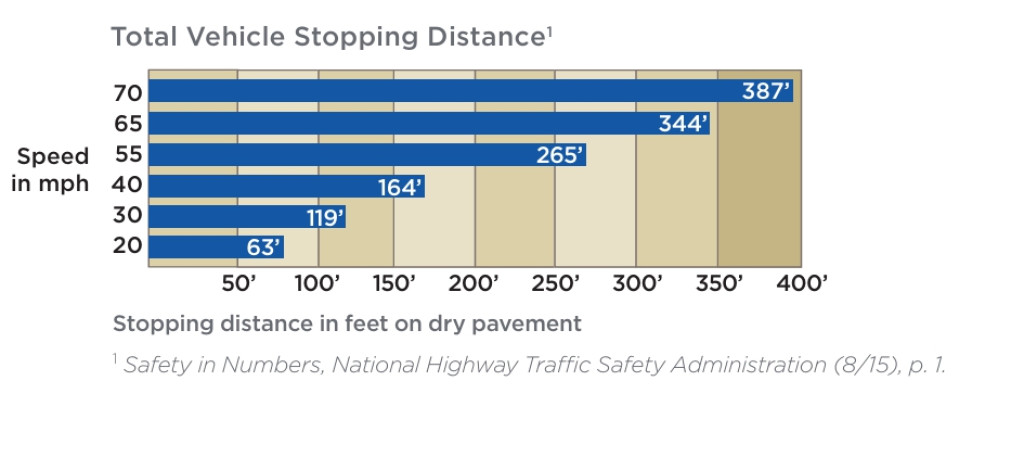
Job-based insurance is insurance offered by an employer or union for current employees and family members. Job-based insurance allows you to delay Medicare enrollment. However, you may want to enroll in Medicare depending on whether your job-based insurance pays primary or secondary. In most cases, you should only delay Part B if your job-based insurance is the primary payer (meaning it pays first for your medical bills) and Medicare is secondary.
If you are eligible for Medicare due to age (meaning you are 65+) and are covered by your or your spouse’s job-based insurance, you have a Special Enrollment Period (SEP) to enroll in Part B up to eight months after you no longer have coverage from current work. This means that you are not required to take Part B during your Initial Enrollment Period (IEP). However, remember that in most cases you should only delay Part B enrollment if your job-based insurance is the primary payer.
-- Job-based insurance is primary if it is from an employer with 20+ employees. Medicare is secondary in this case, and some people choose not to enroll in Part B because of the additional monthly premium. -- Job-based insurance is secondary if it is from an employer with fewer than 20 employees. Medicare is primary in this case, and if you delay Medicare enrollment, your job-based insurance may provide little or no coverage. You should enroll in Part B to avoid incurring high costs for your care.
Note: There are different rules if you are Medicare-eligible due to disability or because you have ESRD.
To find out if your job-based insurance is primary or secondary, contact your or your spouse’s human resources department. If you plan to delay enrollment into Part B and use the SEP later, keep records of your health insurance coverage. You will be required to submit proof of your enrollment in job-based insurance when accessing the SEP. Proof of enrollment in job-based insurance includes:
-- Written notice from your employer or plan -- Documents that show health insurance premiums paid, including W-2s, pay stubs, tax returns, and/or receipts -- Health insurance cards with the appropriate effective date
Note: If you have another form of insurance from your employer, like COBRA or retiree insurance, there are separate rules for how Medicare works with your plan.
Please visit the original Blog Post from Medicare Interactive












